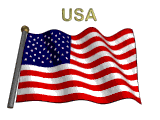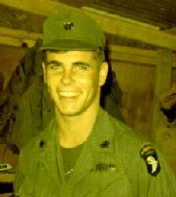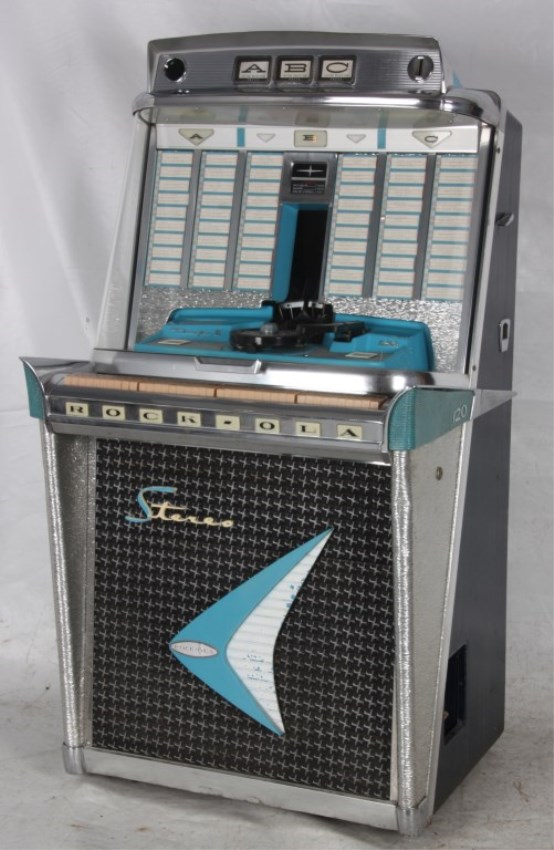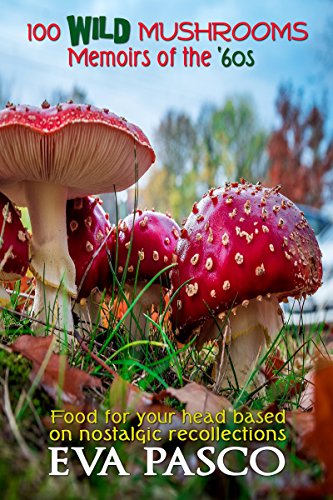
The 60s Official Site
"Where Music is Our Middle Name"
Quick Links
Your Daily Oldies Fix Top Ten Countdown Solid Gold Memories Jukebox Music
Vibration of a Nation Remember When Television of the 50s and 60s 60s Slang
Things You Just Don't Hear Anymore 60s TV Commercials Chickenman Episodes Woodstock This Weeks Number One Hits
The Early Years of Rock and Roll Vietnam War Myths
All the content menu is listed on the left menu border bar
Remember Those Sweet Yesterdaysby James Marvell
Biography James Marvell is a Florida-born guitarist, vocalist and songwriter who is best known for his work with Mercy and The Country Cavaleers. Growing up in Tampa, Marvell and his close friend Buddy Good began singing and writing songs together. Good, who was born in Buffalo, N.Y., joined Marvell to form The Skopes, a garage band, who released the 1967 single "She's Got Bad Breath." The song was written by Marvell and Florida music-business figure John Centinaro. Procter and Gamble, the manufacturers of Scope mouthwash, pressured the group to change their name. Now calling themselves the Surprize, the group released the 1967 single "I Will Make History." In 1969 Marvell and Good joined the reconstituted version of Florida pop group Mercy, who had hit the charts in April of that year with a single on the Sundi label, "Love (Can Make You Happy)," written by Brandon, Florida-born songwriter Jack Sigler Jr. Neither Good nor Marvell had appeared on the Sundi single, which had been cut in 1968 at Tampa's Charles Fuller Studio. The new version of the group convened in Miami to re-record "Love (Can Make You Happy)," which appeared on the 1969 album Love Can Make You Happy. It's likely the re-recorded version of the song was released as a single in Europe. Moving to Nashville in 1970, Marvell and Good formed country duo The Country Cavaleers, who sported Cavalier-style clothing and waist-length hair. They recorded singles for Cutlass Records and MGM Records before recording their only studio full-length, 1974's Presenting the Country Cavaleers. They recorded a string of mostly unsuccessful singles for Country Showcase America and toured with various country acts, including The Wilburn Brothers, whose television show they appeared on in 1972. After the Cavaleers disbanded in 1976, Marvell began a solo career. He recorded 1981's "Urban Cowboys, Outlaws, Cavaleers," which he wrote with Good, for his Cavaleer Records label. The song is essentially a Country Cavaleers recording, and it makes Marvell and Good's case for their claim, which they continued to repeat to journalists over the subsequent decades, that they had helped to invent what would be known as outlaw country. Marvell went on to record both country and Christian music. |
|




